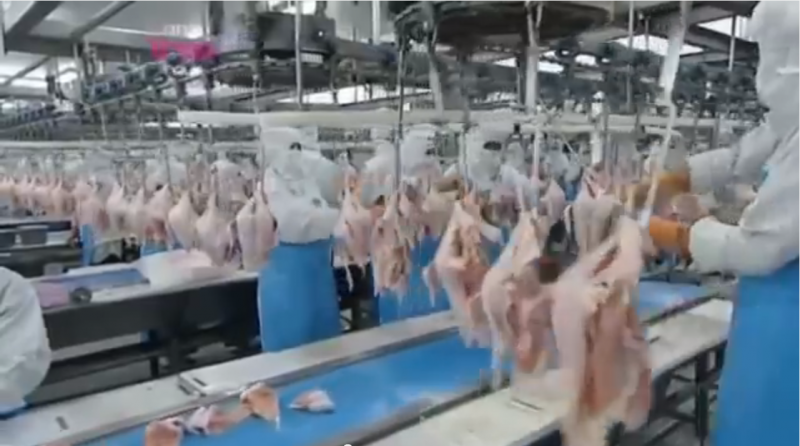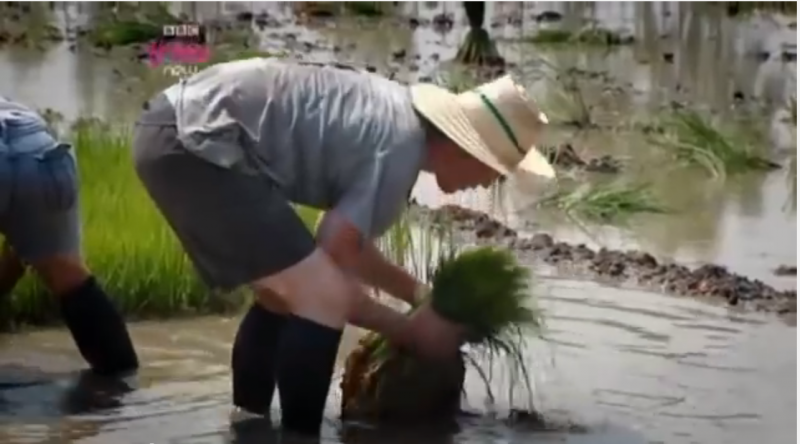Gespeichert von dilemma am


Media Ethics – a summary of media ethics
“Blood, Sweat and Takeaways” – 2009, James Christie-Miller for BBC Production
The documentary tells about the human price and sacrifice behind the excessive consumption of food. It explores the living conditions and mental states of the people behind the growing, catching and production of the food.
The documentary series was published in 2009 by James Christie-Miller and follows the journey of 6 British teenage consumers who are taken out of their plentiful and safe lifestyles to live and work along side the millions of people in South East Asia who grow, catch and process the food we eat. More commonly and much more controversial is the livelihood of the food – how it is grown, raised and slaughtered – however, this documentary series aims to uncover the lives of the people behind the food production, those people often forgotten by the consumers in the West. It tells the stories and lengths gone to in order for themselves and their families to survive.
Westerners have high expectations for fresh and cheap food to be readily available, leaving little consideration and thought for where and whom the food comes from. For these British teenagers, there is no thought towards where the food has come from or the processes it has undertaken prior to its purchase and consumption.
Workers flee infectious, exhausting rice fields of rural Thailand where the pay is not enough for living on, for the factories of Bangkok. Dingy fish houses hold a handful of workers, who chop, gut and filet 40 kilos of fish a day to sell locally at markets. In a state of desperation, there are no other options in Thailand’s biggest slum, Klong Toi, other than to move to outskirts of Bangkok to work in the chicken factories. Workers spend up to 8 hours a day of their feet, 6 hours a day handling live chickens or cutting flesh while trying to meet strict targets to guarantee world wide distribution.
During their experiences of working and living under these conditions, the teenagers made quite thought evoking remarks on the mind-set of everyday Western consumers who give little to no thought about where their food is coming from, let alone who it is producing it. Concerned consumer Stacey states ‘if everyone worried about the workers rather than how good their chicken is, then it would be a whole different story’ and also makes comment on inequality between the people’s opportunities ‘no one should have to make such a big sacrifice just for Western consumers to benefit’.
As a conclusion to the documentary, there is a catch up with the consumers two months after their journey to see if and how their mindsets and habits have changed. It seems the overall theme is the teenagers feel responsible to educate and make other consumers aware of the inequality of the South East Asian workers. The sacrifices they make and the conditions under which they live and work is disturbing, lifestyles and mentality of Westerners need to change in order for their quality of life to enhance. This may also be the solution to the ethical issue in a wider sense, by educating the consumer to buy fair trade, to make them aware of the stories behind their food, a revolution is made and these unethical practices can be abolished.


